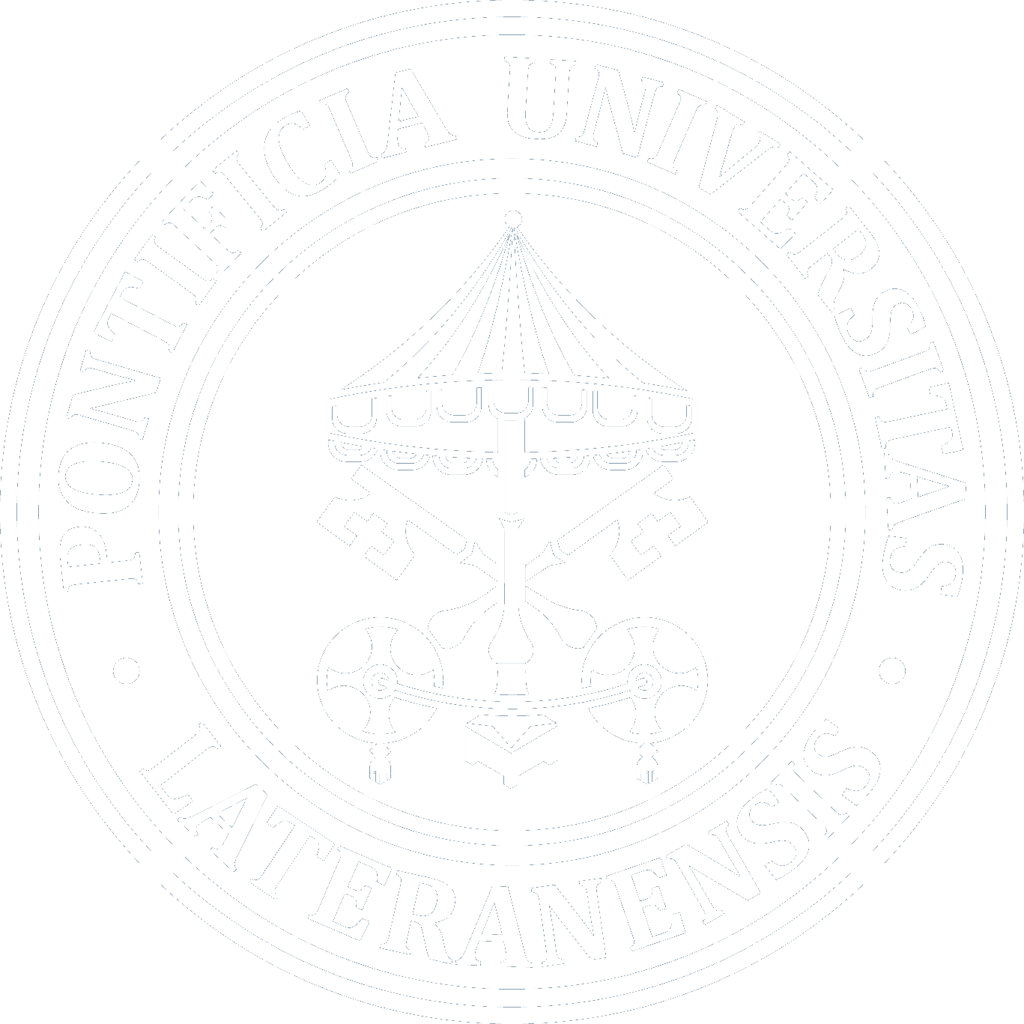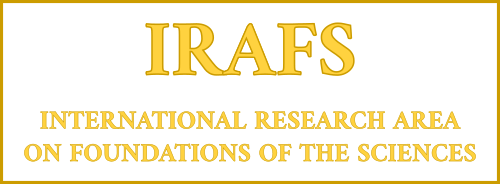There are two motives for reading a book: one, that you enjoy it; the other, that you can boast about it.
Russell, 1930

Gianfranco Basti, Filosofia della Natura e della Scienza. I Fondamenti. II edizione riveduta e ampliata, Aracne, Roma 2025
Questa Seconda Edizione riveduta e ampliata del Primo Volume del libro Filosofia della Natura e della Scienza rappresenta la sintesi di oltre quarant’anni di studio, ricerca e insegnamento del suo autore. Come nella sua Prima Edizione, questo Primo Volume riguarda i Fondamenti ontologici ed epistemologici delle scienze matematiche e naturali moderne e quindi i rapporti fra scienza e filosofia, la metafisica inclusa, dal punto di vista storico (Prima Parte/Tomo I) e teoretico (Seconda Parte/Tomo II). La novità di questa Seconda Edizione è che, nella trattazione della storia della fisica moderna, dalla meccanica classica, alla termodinamica e alla meccanica statistica, alla fisica quantistica, fino alla teoria della complessità, offre nelle appendici alcuni accenni ai formalismi matematici necessari ad una comprensione non banale di queste teorie. Ugualmente nella trattazione dei fondamenti della matematica a partire dalle sue origini greche, oltre alle varie teorie degli insiemi, si propone una sintesi di quella che è la principale novità apparsa nell’orizzonte logico–matematico degli ultimi cinquant’anni: la Teoria delle Categorie. La novità è che questo metalinguaggio, ponendosi a livello ante–predicativo di studio delle strutture algebriche e topologiche della logica, sia matematica che filosofica (modale), consente di individuare somiglianze strutturali (omomorfismi fino all’isomorfismo) fra teorie definite su distinti domini di oggetti (funzioni/predicati). In questo modo, nella Seconda Parte, teoretica del volume è possibile giustificare, in Filosofia della Natura, un’ontologia formale del cosiddetto “Realismo Strutturale Ontico” basato sull’isomorfismo duale fra strutture causali in fisica, e strutture logiche nei linguaggi che le descrivono. Dove, cioè, la necessitazione fisica dall’effetto alla causa (p. es., nel “cono di luce” del principio di causalità in Fisica Fondamentale) fonda la verità (locale) della necessitazione logica dalla premessa alla conseguenza che denotano dualmente — invertendo, cioè, l’ordine — la causa e l’effetto fisico nel linguaggio descrittivo dell’ontologia. Di qui la possibilità di giustificare un’epistemologia formale del cosiddetto “Realismo Strutturale Epistemico” in Filosofia della Scienza che, sulla base della precedente ontologia, risolve il problema che ha afflitto l’epistemologia moderna da Galilei a Popper a Quine: la fondazione della verità delle ipotesi nel metodo ipotetico–deduttivo della scienza. Ma anche per ciò stesso, la possibilità di rispondere in maniera del tutto originale alla sfida che Kant aveva posto all’inizio della modernità a una metafisica naturalista, e che riguardava la fondazione del principio di causalità. Nel sesto conclusivo capitolo, infatti, vedremo che, se da una parte è stato possibile estendere in fisica il principio del cono di luce causale dalla relatività speciale, a quella generale, alla teoria quantistica dei campi e quindi all’attuale cosmologia quanto–relativistica del big–bang, è possibile formalizzare, usando la Teoria delle Categorie applicata alla topologia, un’intuizione della Divina Commedia di Dante, originale interprete di Tommaso d’Aquino. Come notato da diversi matematici e fisici contemporanei a partire da Pavel Florenskij, è possibile infatti estendere, salendo di tipo logico (omotopico), la costruzione topologica della sospensione fra ipersfere usata da Einstein in cosmologia fisica, alla rappresentazione dantesca della “dipendenza da” nel senso topologico ma anche etimologico “dell’essere sospeso (pendente) da” una Causa Prima dell’universo in cosmologia metafisica e quindi in teologia. Questo a conferma della vocazione del metalinguaggio categoriale di essere votato “a gettare ponti strutturali” fra diverse teorie, senza violarne l’autonomia di oggetti e metodi di ricerca e senza quindi creare confusioni e mistificazioni (come quella, p. es., fra big–bang e creazione).

Francesco Panizzoli, Logica dell’essere. Metafisica formale tommasiana, Armando, Roma 2025
Il lavoro è una riesposizione della metafisica della partecipazione allo esse ut actus di Tommaso d’Aquino con l’ausilio di alcuni settori della logica formale contemporanea, la Category Theory e la Modal Logic. Si ridefiniscono così alcuni concetti notevoli della disciplina: esistenza, essenza, ente, analogia, fondazione, individuazione. L’opera da anche un contributo in senso meta-epistemologico alla tripartizione della logica (pragmatica-sintassi-semantica).
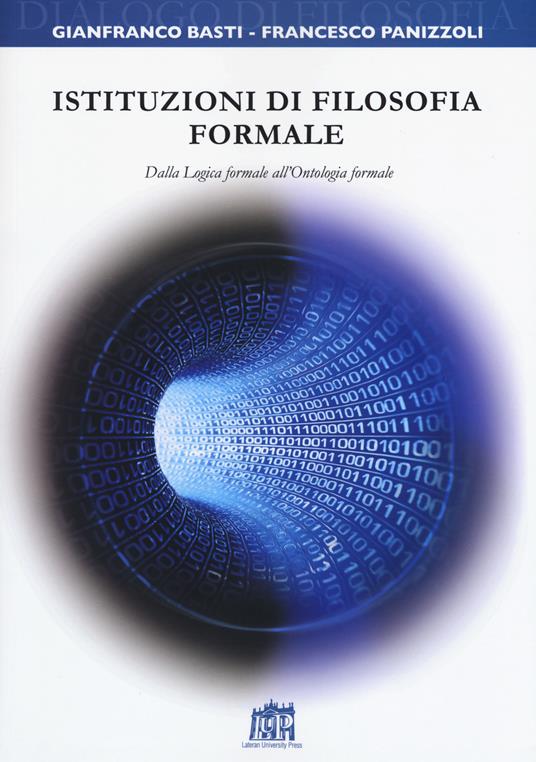
Gianfranco Basti & Francesco Panizzoli
Istituzioni di Filosofia Formale. Dalla Logica Formale, all’Ontologia Formale
LUP-Lateran University Press, Roma, 2018
Proponiamo un manuale di Logica Formale concepito all’interno del più ampio progetto di Filosofia Formale. Ciò significa non solo attenzione alla disciplina della logica, sviluppatasi in senso rigoroso (formalizzato) a partire dalla fine del XIX secolo, ma alla lunga tradizione speculativa occidentale sia continentale che analitica, la quale, nel XXI sec., può convergere “costruttivamente”, rispetto a questi due ambiti, in un percorso unitario che abbiamo appena cominciato a sviluppare. Seguendo una terminologia che ormai è diffusa nel mondo accademico internazionale, chiamiamo Filosofia Formale (Ontologia Formale, Epistemologia Formale, Etica Formale) questo programma di ricerca in campo speculativo.
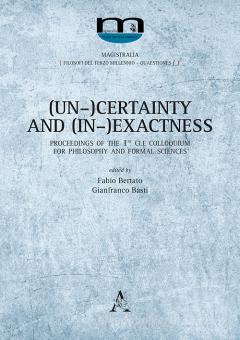
Fabio Bertato & Gianfranco Basti (Eds.)
(Un-)Certainty and (In-)Exactness. Proceedings of the 1st CLE Colloquium for Philosophy and Formal Sciences
Aracne Edizioni (Magistralia/Quaestiones-1), Rome, 2018
This book collects the invited speeches presented at the 1st CLE Colloquium for Philosophy and History of Formal Sciences (1stCLE4Science), organized by the “Centre for Logic, Epistemology and the History of Science” (CLE), at the University of Campinas in Brazil. The main goal of CLE is of promoting by these Colloquia the interaction among researchers in Philosophy and History of Formal Sciences. Because sharing these aims with IRAFS, “The International Research Area on the Foundations of Sciences” at the Lateran University in Rome, this volume is published in the collection Magistralia promoted by IRAFS, as a testimony of the fruitful collaboration established since 2013 between CLE and IRAFS.
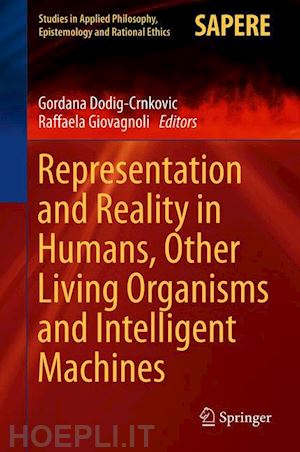
Gordana Dodig-Crnkovic & Raffaela Giovagnoli (Eds.)
Representation and Reality in Humans, Other Living Organisms and Intelligent Machines
Springer (Collection “SAPERE” – 28), Berlin-New York, 2017
This book enriches our views on representation and deepens our understanding of its different aspects. It arises out of several years of dialog between the editors and the authors, an interdisciplinary team of highly experienced researchers, and it reflects the best contemporary view of representation and reality in humans, other living beings, and intelligent machines. Structured into parts on the cognitive, computational, natural sciences, philosophical, logical, and machine perspectives, a theme of the field and the book is building and presenting networks, and the editors hope that the contributed chapters will spur understanding and collaboration between researchers in domains such as computer science, philosophy, logic, systems theory, engineering, psychology, sociology, anthropology, neuroscience, linguistics, and synthetic biology.
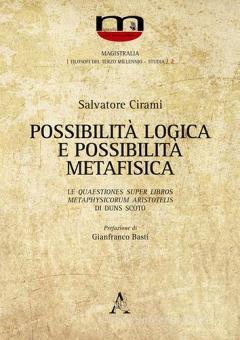
Salvatore Cirami
Possibilità Logica e Possibilità Metafisica. Le Quaestiones Super Libros Metaphysicorum Aristotelis di Duns Scoto
Aracne Edizioni (Collana “Magistralia/Studia” -2), Roma, 2016
Termini come “possibilità”, “possibile”, “potere” hanno profonde implicazioni metafisiche. L’opera prende in considerazione la riflessione filosofica sul linguaggio della possibilità avviata da Giovanni Duns Scoto (ca. 1265–1308) nelle quaestiones 1–2 del Libro IX del commento alla Metafisica di Aristotele. In tali questioni, infatti, viene operata una divisione del concetto di “potenza” (potentia) sulla base della quale è stabilita la distinzione tra possibilità logica e possibilità metafisica. L’analisi condotta dal Doctor subtilis porta a concludere che non ogni possibilità “pensata” è di ordine logico; né d’altra parte ogni possibilità metafisica è anche realizzabile.
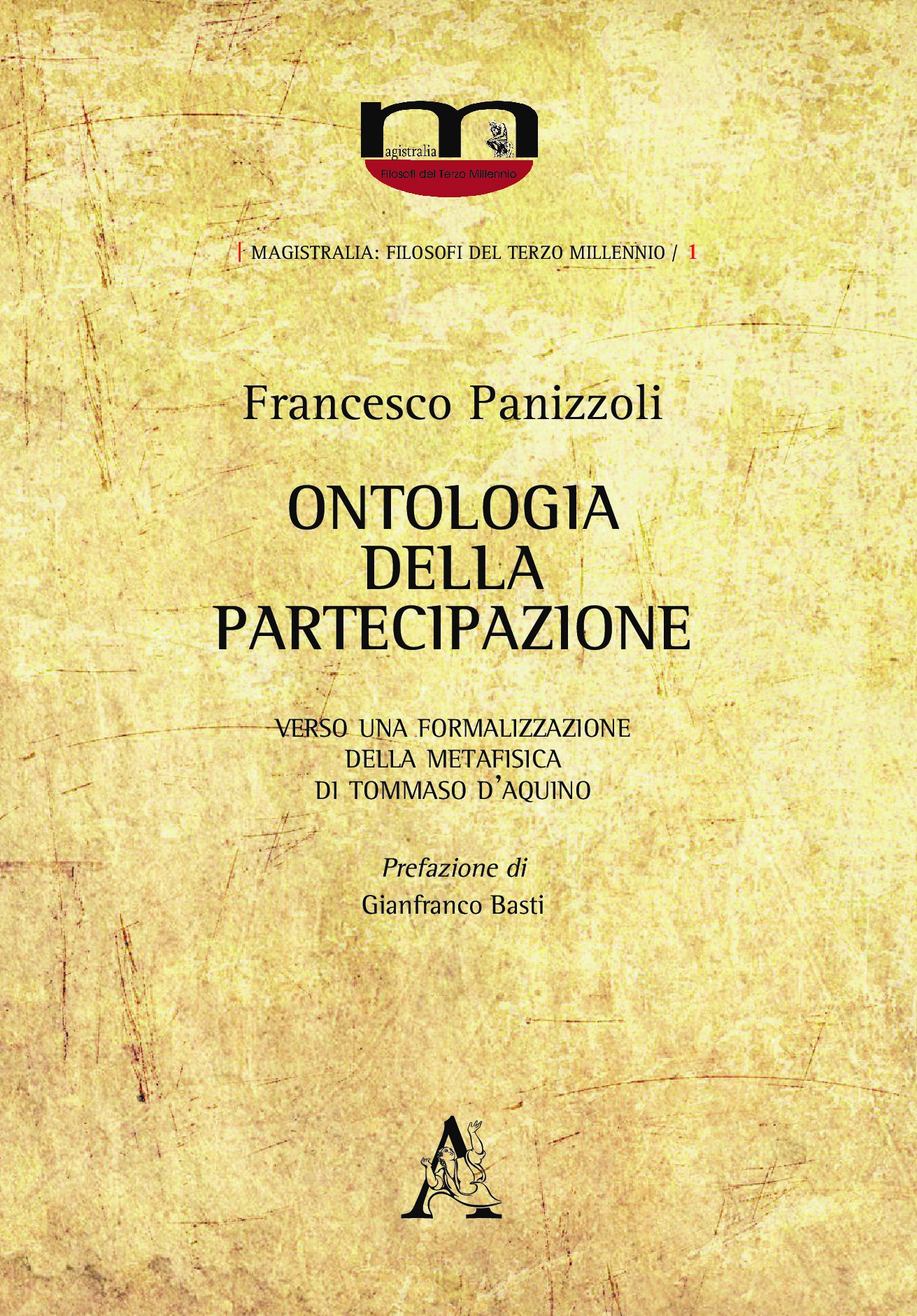
Francesco Panizzoli
Ontologia della Partecipazione. Verso una Formalizzazione della Metafisica di Tommaso d’Aquino
Aracne Edizioni (Collana “Magistralia/Studia” -1), Roma, 2014
Il lavoro vuole essere un contributo alla realizzazione di una ontologia formale di stampo “tommasiano”. A questo scopo si intende sottolineare l’importanza di una interpretazione ontica (che riguarda la causalità reale metafisica e fisica) dello schema modale KD45. E si vuole proporre un assioma di fondazione che definisca in termini causali l’appartenenza degli oggetti (degli enti) di una teoria alla Collezione universale, e analogicamente, al genere naturale. Tale assioma consente lo split tra la usuale condizione formale di appartenenza ad una classe, e una “nuova” condizione causale che agisce sulla esistenza dell’ente. L’esistenza di un ente non dipende da una condizione formale (il soddisfacimento di qualsiasi proprietà) ma da una relazione causale. L’operatore logico che si utilizzerà è la contro-implicazione della logica classica, “stretta” al modo di C. I. Lewis. Essa formalizza il postulato classico secondo cui “non è possibile un effetto senza causa”. Sarà applicata in modo “nested” nella costituzione trascendentale e ontologico-predicativa dell’ente.
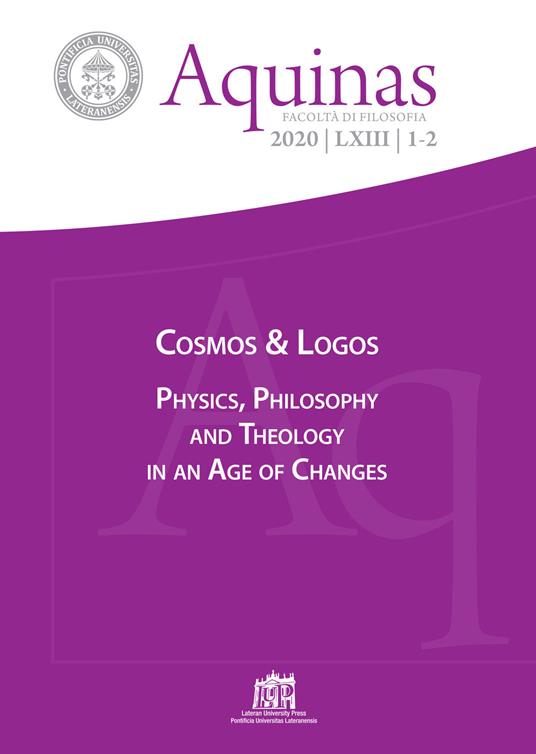
All the papers collected in this Volume are written versions of the contributions presented by the respective Authors at two International Conferences, organized by the International Area on the Foundations of the Sciences (IRAFS) of the Lateran University, for celebrating significant dates in the history of modern cosmology.
The Papers 4., 8., 10., 11., 12., 13., 17., 18., 19., 20. are updated versions of speeches delivered by their Authors at the Lateran ’09 International Conference ‘1609-2009. “From Galilei’s Telescope to Evolutionary Cosmology”,
November 29th – December 2nd, 2009. This Conference was organized in collaboration with the Pontifical Academy of Sciences, because the Conference was the concluding event of the celebrations by the Holy See of the “International Year of Astronomy, 2009”.
The Papers 2., 3., 5., 6., 7. 9., 14., 15., 16. are updated versions of speeches delivered by their Authors to the International Conference “One Century in the Space-Time. Physics, Philosophy, and Theology in a Time of
New Questions”, November 24-25, 2016. This Conference was organized in collaboration with the State University of Urbino, for celebrating the hundred years of the Theory of General Relativity (1915-2015).
The Authors are all specialists in their respective fields and the present volume combines four different sorts of works, according to four distinct fields of inquiry: Physics, Ontology, Epistemology, and, finally, Theology

